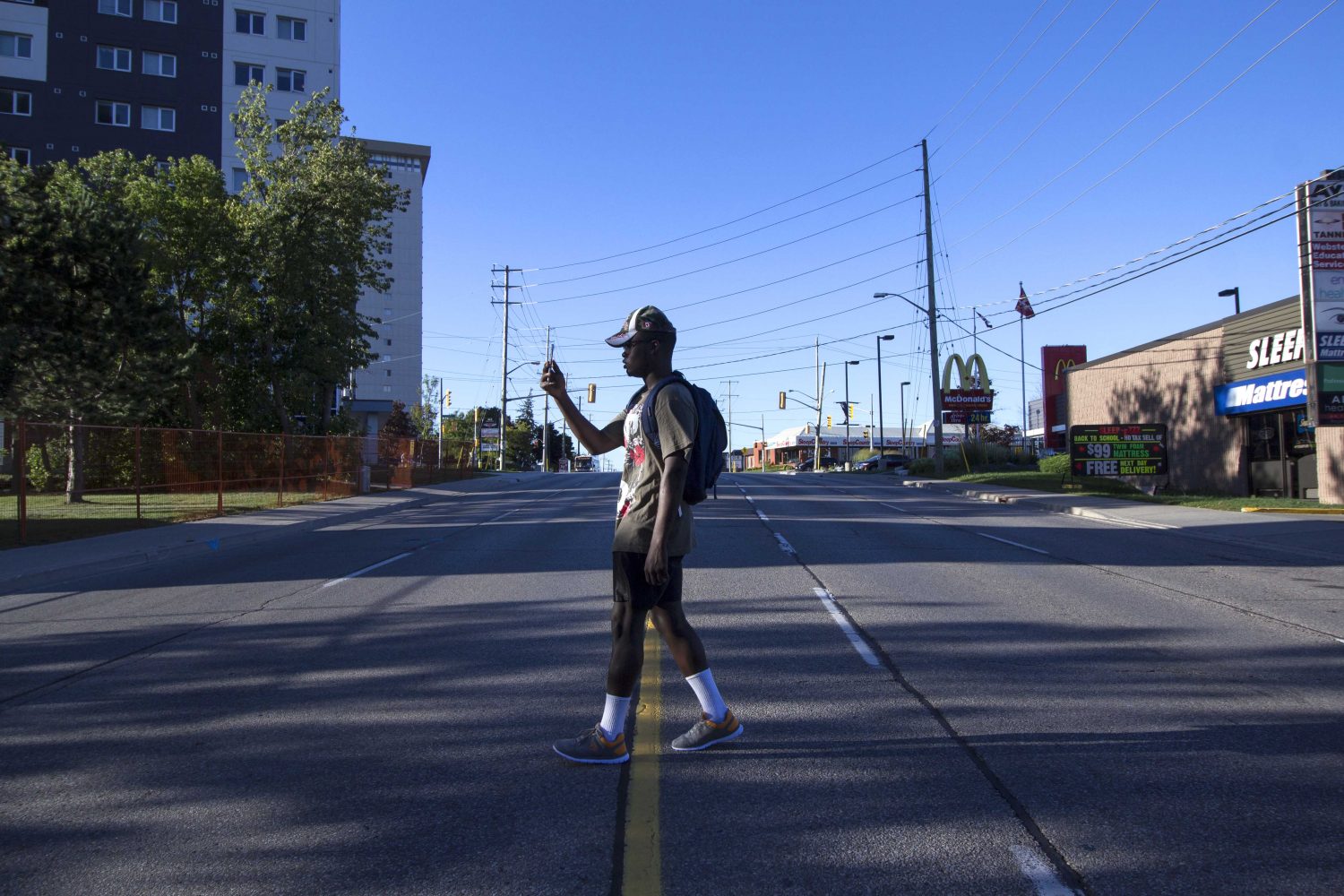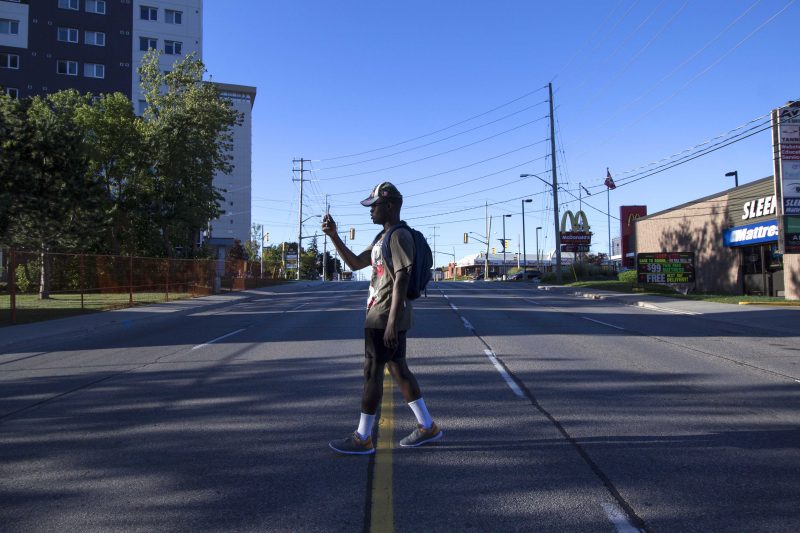The “fear of missing out” prevents us from experiencing the real world


One of my students, a bright and engaged student, came to see me because she was troubled: she was addicted to her many electronic gadgets.
The first thing she does upon waking is reach for her smartphone, checking texts that might have come during the night. She then lights up Facebook to see what’s trending; then it’s Snapchat, Tumblr, Twitter and Instagram and whatever else she can find just to see what is happening in the world. Ignoring her roommate, at breakfast, she opens her laptop, goes to Spotify and then checks her messages on Laurier’s Outlook, processing her e-mails.
Arriving on campus, she experiences more screen time with PowerPoints and online assignments. Throughout the day she checks in with various social media about every 10 minutes or so, even surreptitiously during class lecture time. When I ask her the ultimate purpose behind such activities her considered response is simply, that she never wants to feel that she is being left out or behind. So whether she wants to be entertained or be socially engaged, she finds it necessary to be “totally wired.”
I shared with her an article (The Chronicle of Higher Education) which reports the totally wired university students of today are among the most anxious adults in history.
Many experts, among them computer pundits, have written about such a “tech anxiety.” Contributing to such anxiety are the shrinking time spent in solitude, the absence of face-to-face, truth seeking conversation, too few rich, inter-personal relationships and little commitment to broader community activities.
Professor Sherry Turkle of Massachusetts Institute of Technology, in her book Reclaiming Conversation, argues that when we turn our backs on addictive digital conversations, we discover much about ourselves. We also face ambiguities and struggle with the nature of the open and the “unfinishedness” of personal encounters.
The digital world rather encourages a solipsism wherein the individual self firmly believes “it is all about me.” William Powers, in his book Hamlet’s Blackberry, argues the digital world encourages a regression into an inner self where we are never bored and never alone. There always exists this potentially, perpetual connection—we simply reach for our smartphones. Even with this perpetual connection however, the digital give-and-take is often undisciplined, lacking in civility and even nasty and hurtful.
Students tell me that when a relationship begins to fall apart and the end is nigh, they text their significant other messages to put an end to it all. Indeed, what happened to some verbalized resolution of those painful differences? Where now is some sort of “ironed out” marginally satisfying closure?
My student wondered whether or not there exists some form of “digital detox,” some structured therapeutic approach to help her reduce those feelings of anxiety and alienation when she is not connected. Where can she enrich her life with her genuinely shareable feelings and alter her radically shrunken community?
My suggestion was simple, though admittedly difficult in a world completely digitized. I suggested she make efforts to return to the printed word. I suggested she consult my own recommended reading list, replete with great novels, old and new, novels which have touched me and where the true lessons of empathy can be re-learned. I suggested she visit the nearest art gallery and once again stand before great art and feel the exquisite joys of beauty.
She left my office with firm resolve. I do hope my student can resist the seductive power of her electronic gadgetry and reclaim her own fine humanity.


